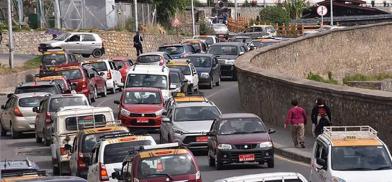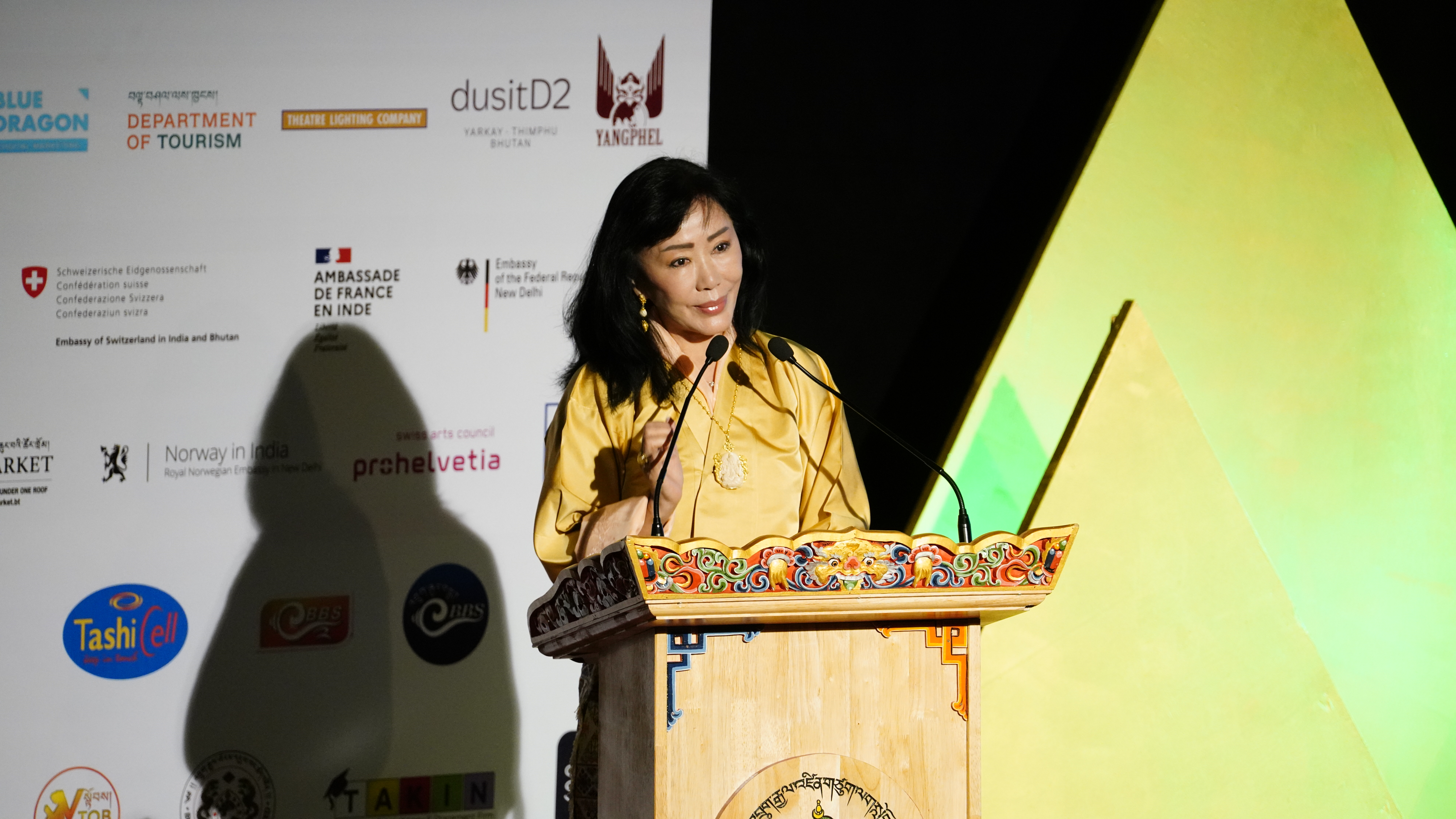MoF to submit a proposal to Cabinet calling for continuation of the moratorium
In order to uphold the Constitutional provision of maintaining a minimum foreign exchange reserve adequate to meet the cost of not less than one year’s essential import, address macroeconomic imbalances and protect foreign currency reserve, the ministry of finance (MoF) on August 18, 2022, imposed a moratorium on import of selected vehicles. The ministry said that the moratorium would be reviewed and amended (where necessary) in six months from the date of imposition. The first six months of the moratorium would end soon and the ministry has reviewed the moratorium and come to a decision that it needs to be continued.
This was conveyed by Chencho Tshering, chief planning officer (CPO), MoF, who said that the ministry has reviewed the moratorium and came to the decision to continue the ban on selected vehicles. “The ministry is going to submit the proposal to the cabinet,” the CPO said. According to the officer, the rationale for continuing the moratorium stems from the fact that lifting it could lead to violating the government’s constitutional obligation to maintain a minimum foreign reserve, adequate to meet the cost of not less than one year’s essential imports.
“Currently, the foreign reserve is adequate to cover the essential import of 13 to 14 months. However, it keeps fluctuating between 13 to 14 months,” the CPO said.
This comes close on the heels of information shared by finance minister, Lyonpo Namgay Tshering. During a press brief on January 20, 2023, the minister had said that Bhutan currently has foreign reserves adequate to cover more than 14 months of essential import. Lyonpo informed that the Government of India (Goi) has extended the standby credit facility (SCF) settlement period and reduced the interest rate of two rupee SCF, to ease the pressure of dwindling reserves in the country. Lyonpo also said that though there are no talks of availing additional SCF from India as of now, this would be determined by the position of the reserve.
Meanwhile, vehicle dealers in the country are the ones hit, with most having to bear current expenses, such as staff salary, without any business.
Speaking to the paper, general manager of Bhutan Hyundai Motors, Pema Lodey said extension of the moratorium will further hamper their business, as the company does not have any cars to be sold. “The company needs to continually pay employees. We cannot lay them off as we will need them when the moratorium is lifted in the near future,” he said.
Chief executive officer (CEO), state trading corporation of Bhutan limited (STCBL), Tshering Wangchuk, also said that their business has been hampered by the moratorium. He added that the extension of the moratorium will directly impact revenue generated.
“The restriction of the car loan has also severely affected the business, and ultimately it comes down to the employees as many of them rely on the business.” Currently, STCBL has 213 staff.
The moratorium was issued as Bhutan saw a sharp and significant decline in foreign reserves last year. The reserves decreased from 839.6 million USD (sufficient to meet15.08 months of essential import) in June 2022 to 772.3 million USD (sufficient to meet 13.87 months of essential import) in July 2022, a decline of over 67.3 million USD in just a month. According to reports from the country’s central bank, the Royal Monetary Authority (RMA), the total reserves in September 2022, stood at 729.7 million USD, enough to cover the essential import of 13.11 months.
In 2021, Bhutan imported 4,032 passenger cars, which cost Nu 2.6 billion (bn). 3,849 vehicles, at a total cost of Nu 2.15 bn were imported from India, and 183, at a total cost of Nu 449.33(million) were imported from other nations.
In an earlier interview with the paper, the Prime Minister (PM), Dr. Lotay Tshering said that the government would be able to save up to Nu 5 bn in the year by imposing the ban on import of vehicles.
As per the MoF’s notification, the moratorium covers all vehicles including two wheelers except utility vehicles, heavy earthmoving machines and agriculture machineries. Import of utility vehicles costing less than Nu. 15, 00,000.00 equivalent to USD 20,000 (whichever is less) is permitted. Further, vehicles for the use and promotion of tourism is exempted from the moratorium. Additionally, taxis, both fossil and electric which are due for replacement are also exempted from the moratorium.
Tshering Pelden from Thimphu














